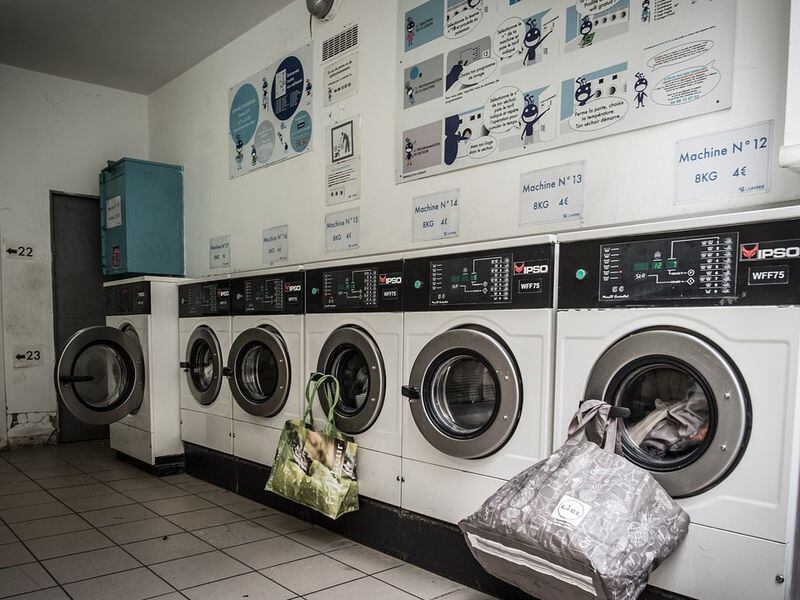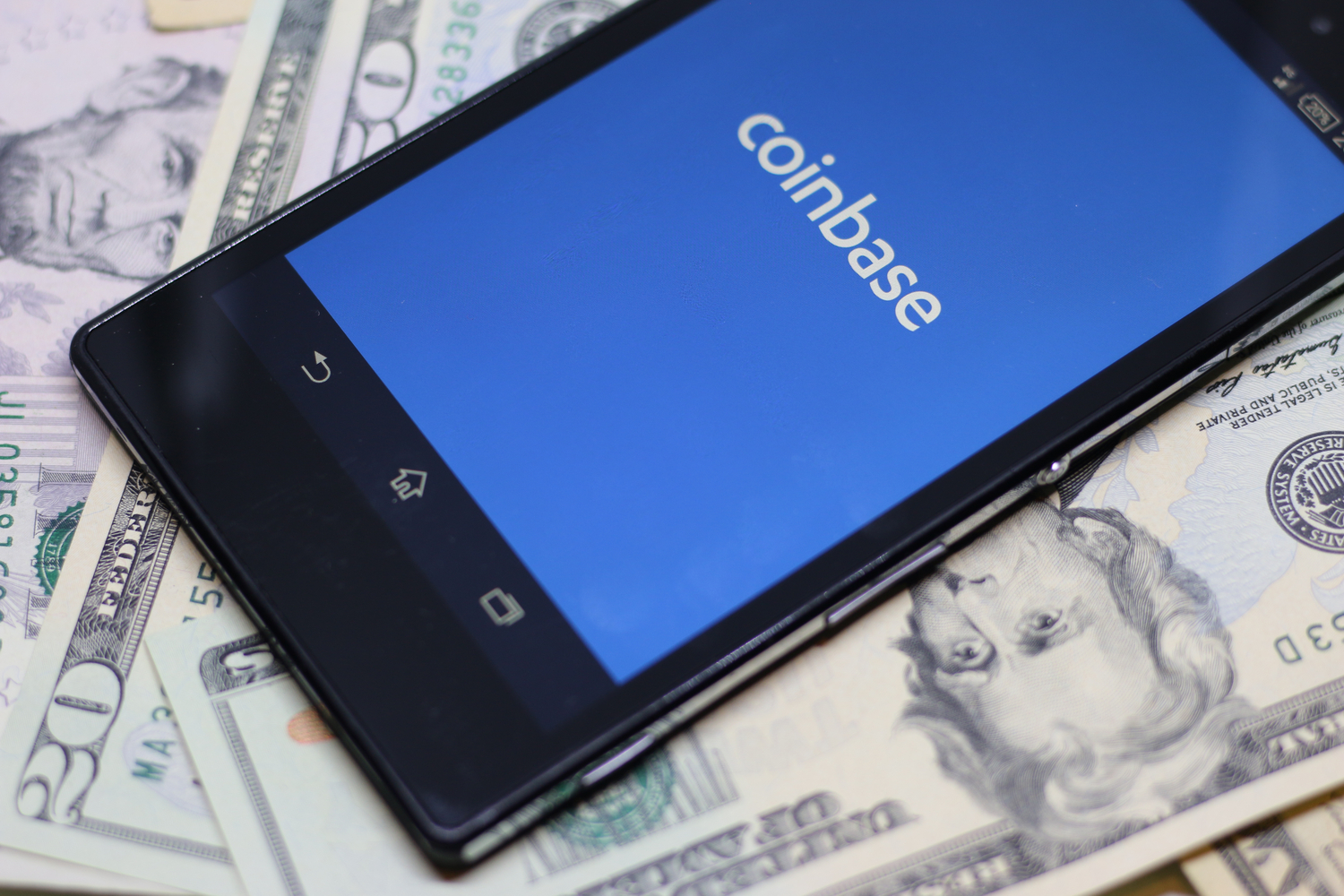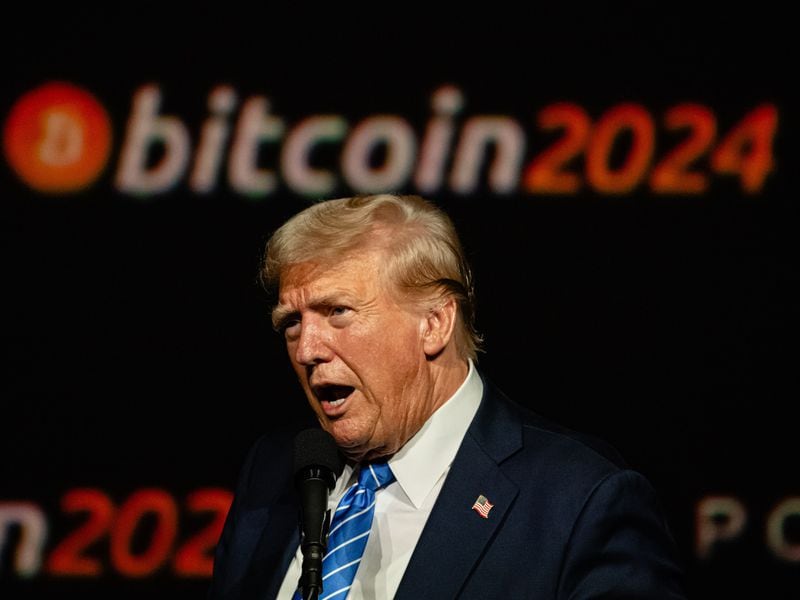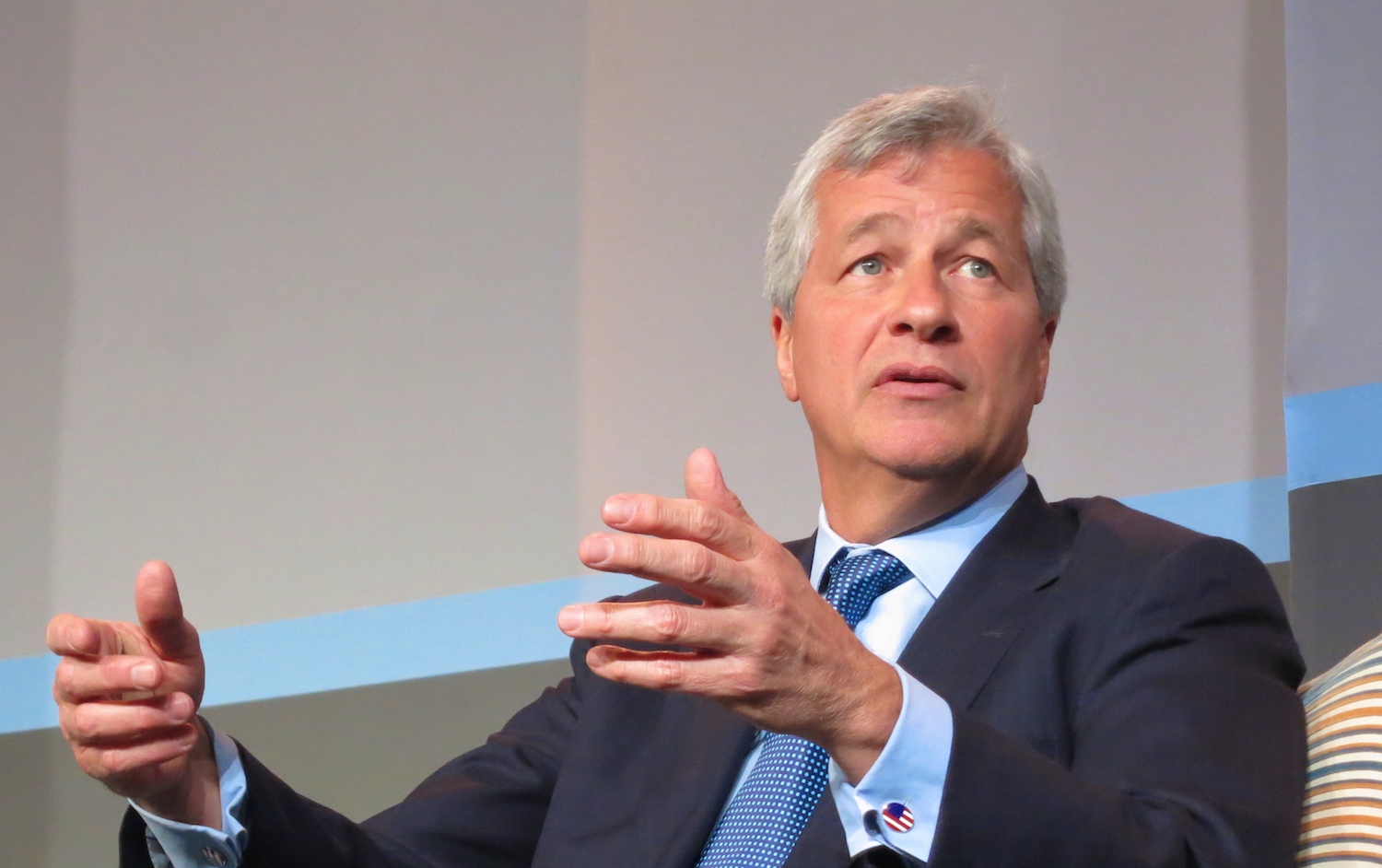Crypto Startup Backed by Likes of Dragonfly Aims to Create Market to Trade Airdrop-Related Points
-
Secondary markets for trading points will provide access for people who want to reduce or increase exposure to points but are unable to do so, and improve price discovery, said Rumpel Labs CEO Kenton Prescott.
-
The project is backed by some big-name VCs like Dragonfly and Variant.
Rumpel Labs, a startup that builds tokenization infrastructure for loyalty points, distributed by many decentralized finance (DeFi) and Web3 projects, has emerged from stealth with backing from some big-names in the venture capital arena, like Dragonfly and Variant.
Dishing out loyalty points to incentivize user behavior and reward early adopters, often with a promise of airdropped tokens, has become a go-to strategy in the crypto space in recent years. Close to 50% of recent airdrops were distributed to point holders, with notable examples of the power of points programs demonstrated by the rapid proliferation of projects like NFT marketplace Blur, or Ethena’s USDe stablecoin.
Airdrops, for crypto, refers to distributing free tokens or coins to users who participate in a particular blockchain network. The strategy is often used by crypto companies to incentivize users to engage with the project, attract new users and grow community engagement.
While various projects have seen real value brought by the accelerated growth from leveraging points programs, there have been issues around unmet promises and users getting airdrops and payouts from their point programs that are much less than they were expecting, said Rumpel Labs CEO Kenton Prescott – a former developer of MakerDAO. Meanwhile, there are users out there who want to get extra exposure to these projects, but have no way of getting that, Prescott added.
However, more formalized secondary marketplaces need to be created, with better capital efficiency, deeper liquidity and price discovery, while learning lessons from some of the existing attempts to trade point exposure, says Prescott.
“These issues are just caused by not having the ability to effectively transfer and trade points,” Prescott said in an interview. “A secondary marketplace with capital efficiency, deep liquidity and price discovery, solves these problems simultaneously.”
Rumpel will have its own points program and go live in mid-September.
Edited by Aoyon Ashraf.
Disclosure
Please note that our
privacy policy,
terms of use,
cookies,
and
do not sell my personal information
has been updated
.
CoinDesk is an
award-winning
media outlet that covers the cryptocurrency industry. Its journalists abide by a
strict set of editorial policies.
In November 2023
, CoinDesk was acquired
by the Bullish group, owner of
Bullish,
a regulated, digital assets exchange. The Bullish group is majority-owned by
Block.one; both companies have
interests
in a variety of blockchain and digital asset businesses and significant holdings of digital assets, including bitcoin.
CoinDesk operates as an independent subsidiary with an editorial committee to protect journalistic independence. CoinDesk employees, including journalists, may receive options in the Bullish group as part of their compensation.
:format(jpg)/s3.amazonaws.com/arc-authors/coindesk/5ca74297-e3be-4402-a07e-b8aa3de111e4.png)









